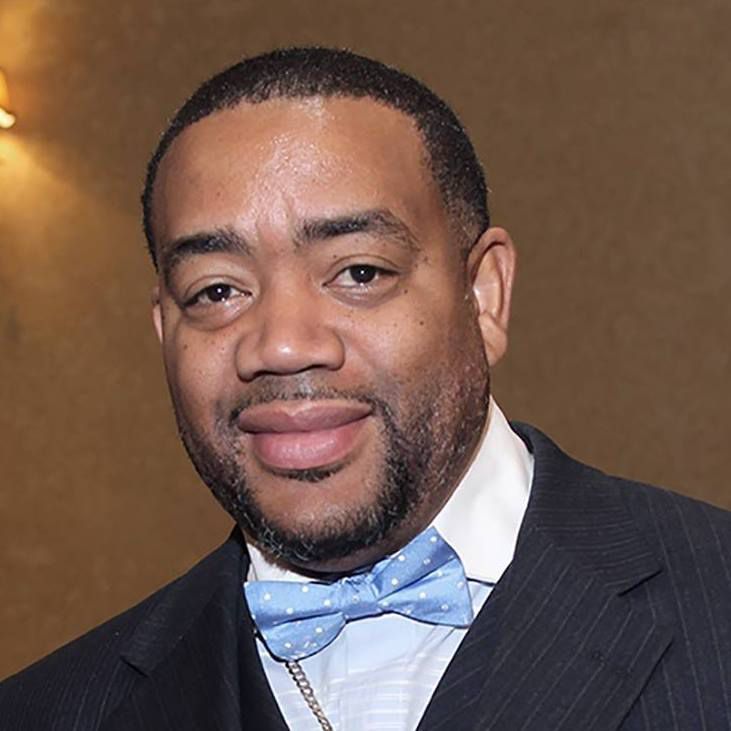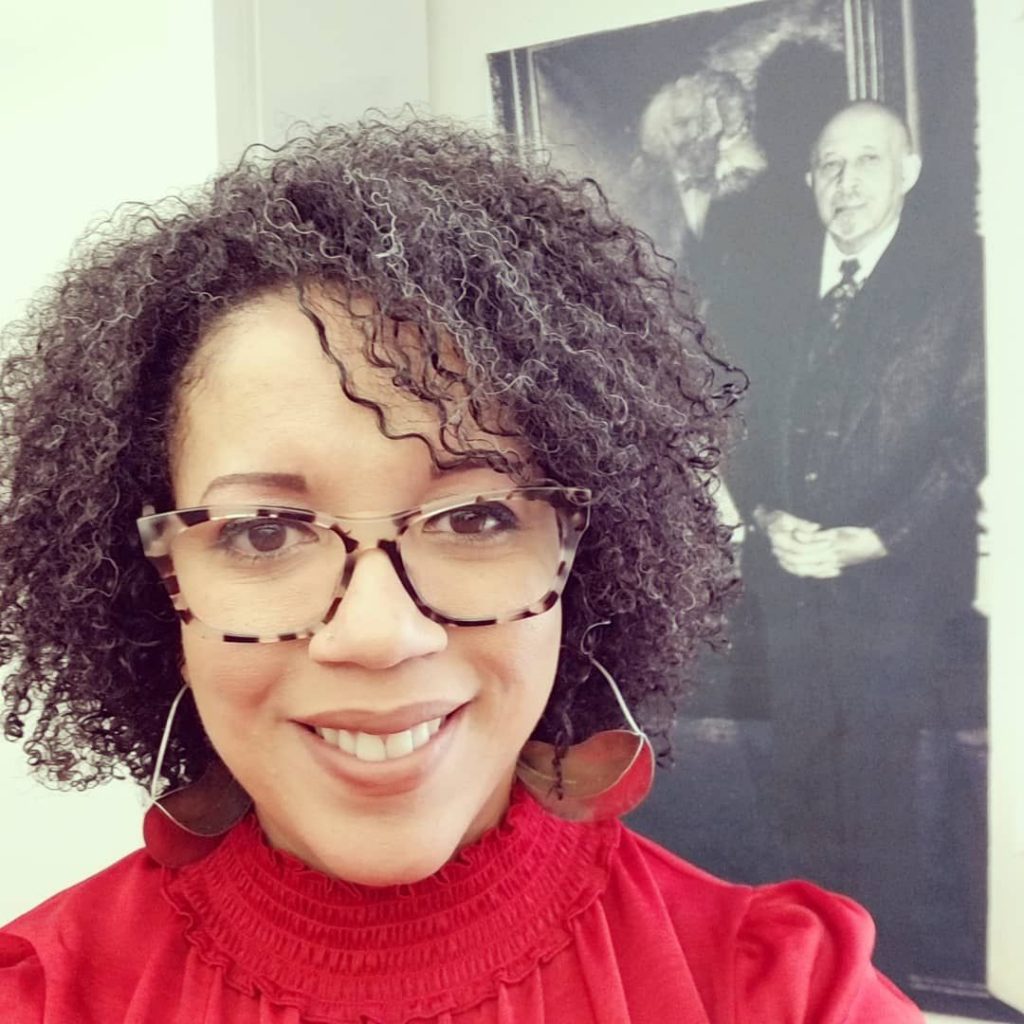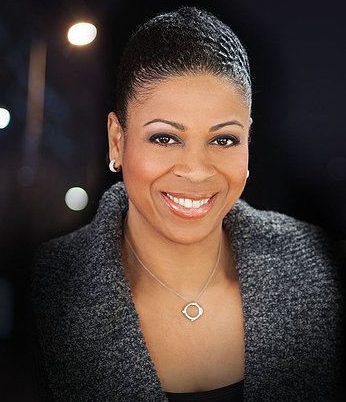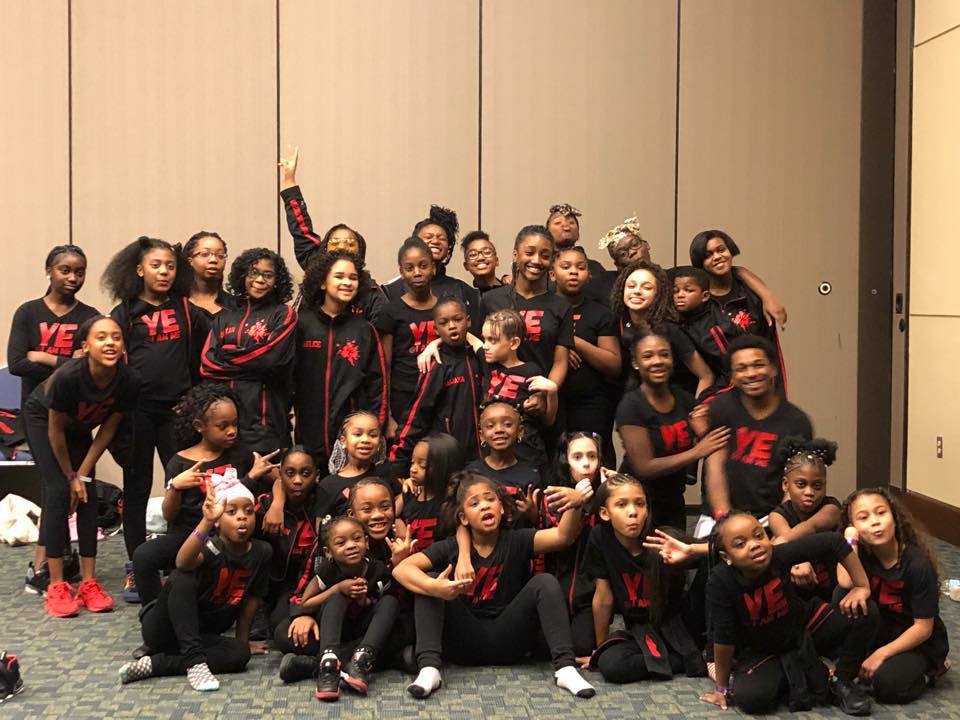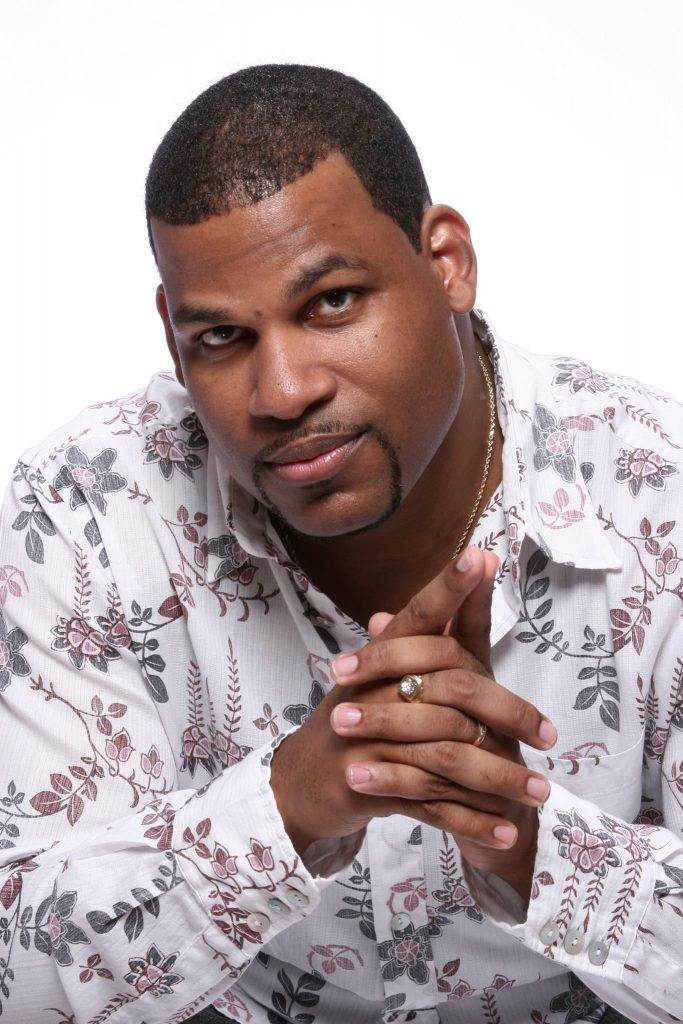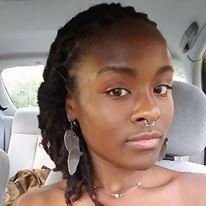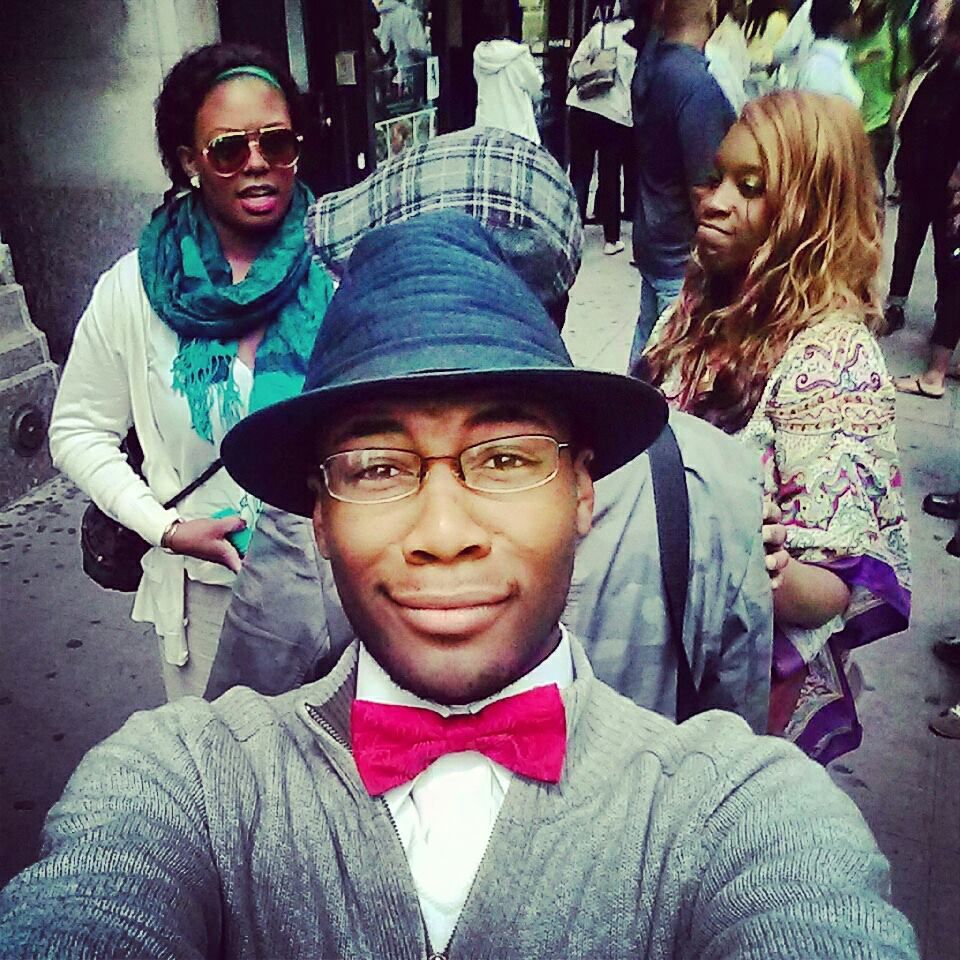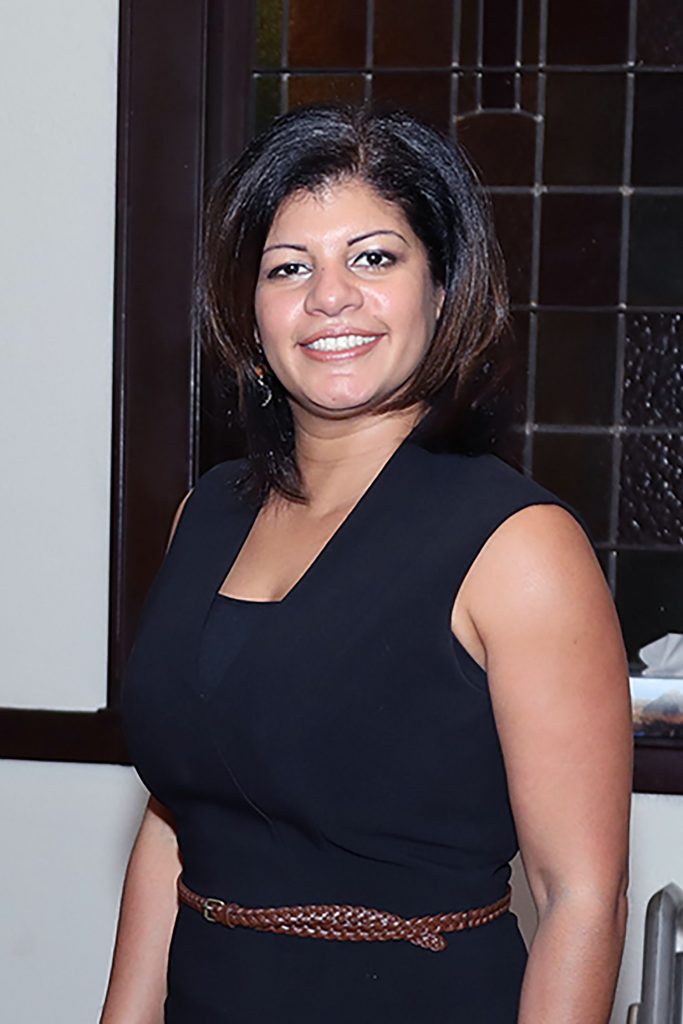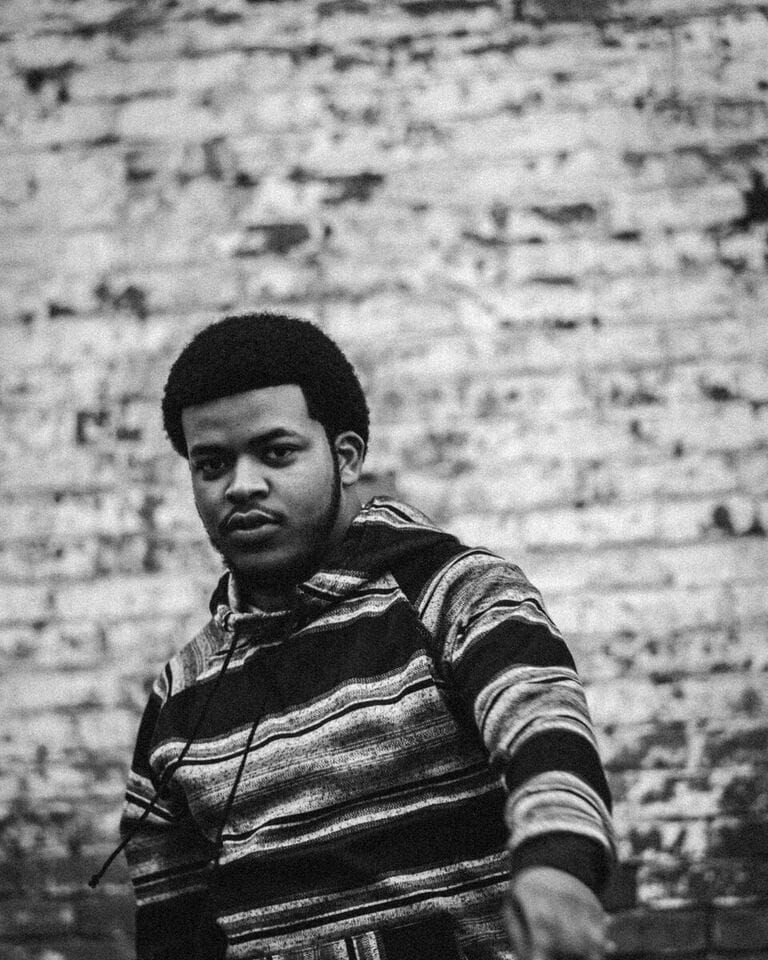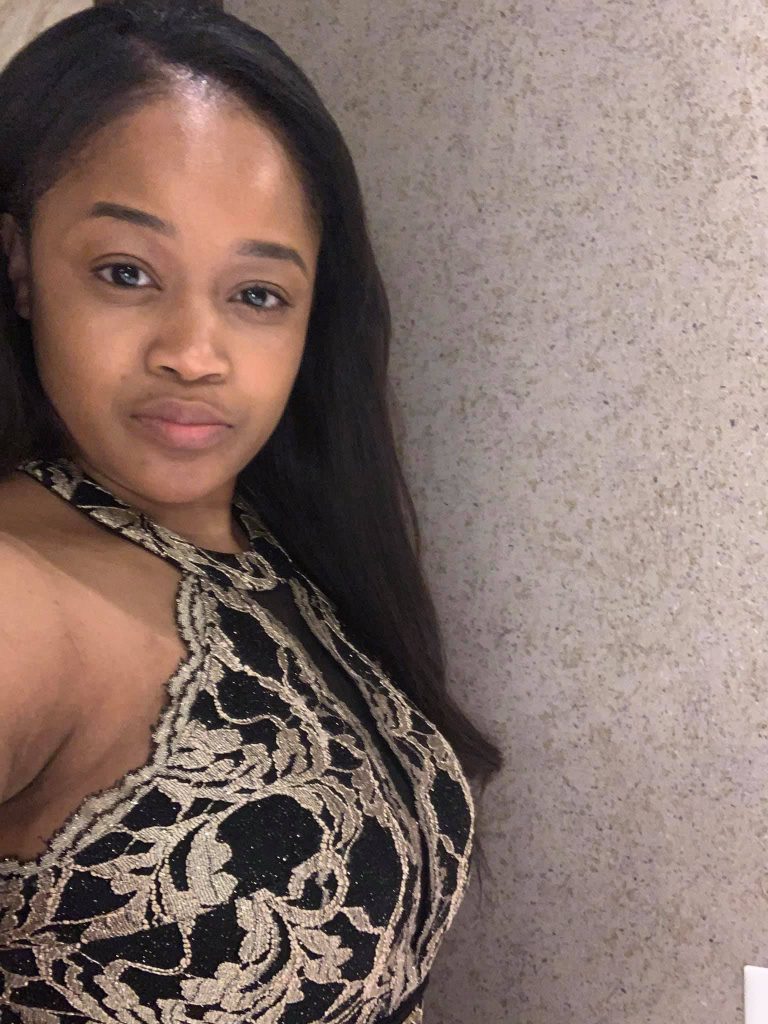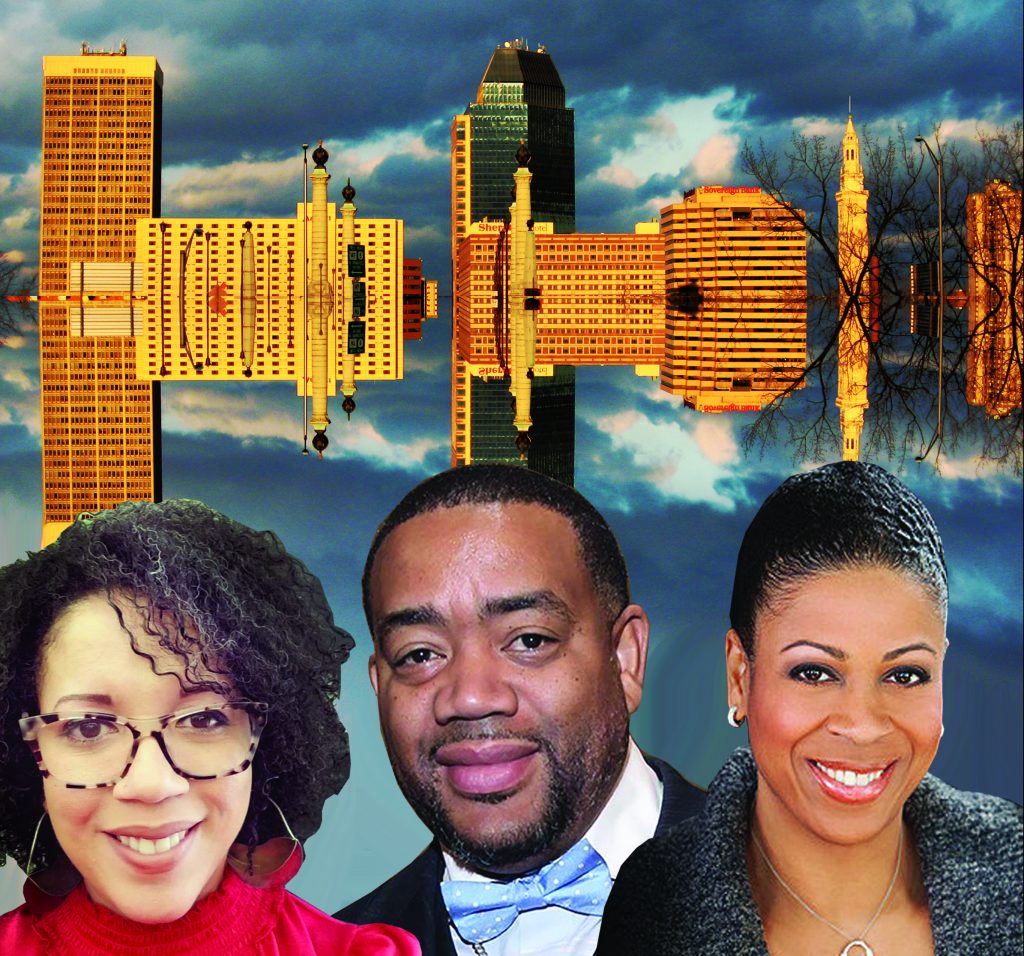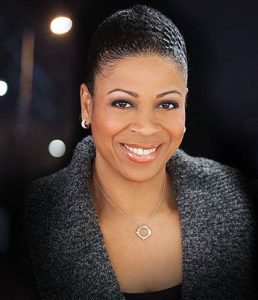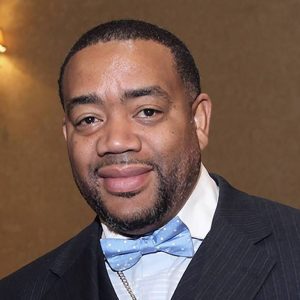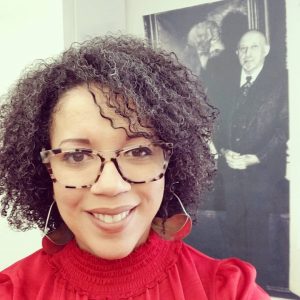On a cold night in the middle of February, lights are glowing in the windows of Spring of Hope Church of God in Christ, a small brick church on Alden Street in Springfield. Inside, the pews are about three-quarters full, and the attendees are listening to a different kind of sermon.
“Out of fires, great things happen,” said 1999 Pulitzer Prize winner, Karen Hunter, after recalling a conversation between Martin Luther King Jr. and Harry Belafonte in which King said “I’ve come to believe we’re integrating into a burning house,” and that he was “afraid that America may be losing what moral vision she may have had.”
Hunter, the host of The Karen Hunter Show on channel 126 on Sirius radio, clarified her point during a Q&A after her talk, saying “we need to burn down the foundation of systemic racism.”
Hunter’s talk was part of the Lift Every Voice Lecture Series, a series of speeches by influential people from the local and national black communities, now in its ninth year. Lift Every Voice, named for the African American national anthem, “Lift Every Voice and Sing,” also highlights local talent.
Sheldon Alexander performed a spoken word piece that spoke of the struggles of black ancestors and all the things that black people have given to the country. The first and last lines paraphrased King’s “I have a Dream” speech. The musical artist was T’Swan, the son of Bishop Talbert W. Swan II, pastor of Spring of Hope Church of Christ in God. He performed two songs, the second of which was called “Why?” It was about the struggles and trials of the world, particularly for people of color. Youthful Expressions, a dance troupe composed of teen girls, rounded out the performances.
In addition to the performances, the lecture series also takes the opportunity to recognize local people for their good works. On that night, Springfield School Committee member Barbara Gresham and former State Rep. Ben Swan were honored for their work in championing concerns of Springfield’s black community. Former Rep. Swan has attended several of the lectures in the past and said he enjoys the sense of community.
The mistress of ceremonies for the evening of Hunter’s talk, Saibo Ndluvo, said, “It is a beautiful thing when a house of worship can feed us not just the spiritually but also educationally.”
Created by Bishop Swan in 2011, the series celebrates Black History Month while encouraging people to be active in their communities. He began Lift Every Voice because he noticed a lack of activities honoring Black History Month in Springfield. Swan wanted something that could take place across the month and decided on a series of weekly lectures.
The first year of the series was put together quickly, so Swan invited local people to speak. Since then, it has grown, and he has reached out to national figures, including Hunter.
“Turnout varies by notoriety of speaker,” said Swan. “It ranges from standing-room-only to small intimate groups.” Most of the people in attendance are from Springfield and surrounding communities. However, some people came from as far away as Shelburne Falls. Connecticut State Senator Douglas McCormick also attended.
Swan said that people from various walks of life come to the lectures. While it is predominantly people of color, all are welcome.
“We think that not only is Black History Month a celebration for black people but also for people who haven’t been exposed to our history,” said Swan. “[They can] get a number of other perspectives that they’ve never considered.”
That was the case for Matt Swanson, a white a high school student who came with several friends.
“I got a better understanding of black culture,” said Swanson. He said that important ideas were shared, which is, “especially important for young people.”
Denise McQueen of Springfield said that she had come to hear Hunter because “I really enjoy her. She is speaking about race and politics and both are very important.”
Swan hopes the series helps open a dialog on issues “affecting communities across the country. The goal is to bring about positive change and to expose people to influential voices from a wide range of areas. Swan also wants to “encourage [people] to do more to fight to systemic racism.”
Hunter also said a lecture series like this can “give you inspiration to go out and do something.” The theme of Hunter’s lecture was that black communities have everything they need to better themselves in the form of “people capital.”
“When we don’t spend our dollars in our community we are giving away our freedom,” said Hunter. A Nielsen report from February 2018 showed black buying power at $1.2 trillion.
“What if every single enslaved person didn’t bow to their master?” Hunter asked the crowd of mostly black attendees, adding there were more black people than white in South Carolina.
The final lecture in the series will take place March 5. That is when the series will feature Dr. Whitney Battle-Baptiste, an associate professor of anthropology, director of the W.E.B. DuBois Center at the University of Massachusetts Amherst. Battle-Baptiste’s research specializes in the intersection of race, gender, class, and sexuality through an archaeological lens. The entertainment that evening will be provided by spoken-word artist Amina Jordan Mendez; recording artist J.P. Morgan Jr.; and the return of Youthful Expressions.
Battle-Baptiste points to the longevity of Lift Every Voice as proof of its impact on people.
“I think [Swan] brings forth the ability to hear something in your own community that you might not necessarily otherwise. The speakers engage [people] in an intimate setting,” Battle-Baptiste said. The topic of her lecture will be “Race and Politics: ‘I have a Dream’ Five Decades Later.”
Battle-Baptiste said the importance and relevance of this kind of talk lies in the fact that “some students don’t really know why 50 years ago was so important.” She hopes there can be a larger conversation of why 1968-69 were “so major in terms of the shift in the movement toward civil rights.”
“So many students feel disenfranchised [as] racism is reappearing,” Battle-Baptiste said citing the examples of the 2017 white nationalist Charlottesville rally that led to the death of one woman, and the appearance of an editorial this month by Alabama editor/publisher Goodloe Sutton that called for the Ku Klux Klan to “ride again.” Sutton resigned shortly after the editorial appeared.
Battle-Baptiste said it can be particularly impactful to young people due to “the connection of social media. You can’t help but see it and there’s no way to turn it off.” Battle Baptiste hopes people will learn some history from her discussion of MLK’s later, more radical, legacy that “alerts us to the ties between racial, social, and economic injustice.”
The last lecture in this year’s series will take place at 7 p.m. on March 5, at Spring of Hope Church of God in Christ, 35 Alden St., Springfield. Visit www.levoice.org for more information.

